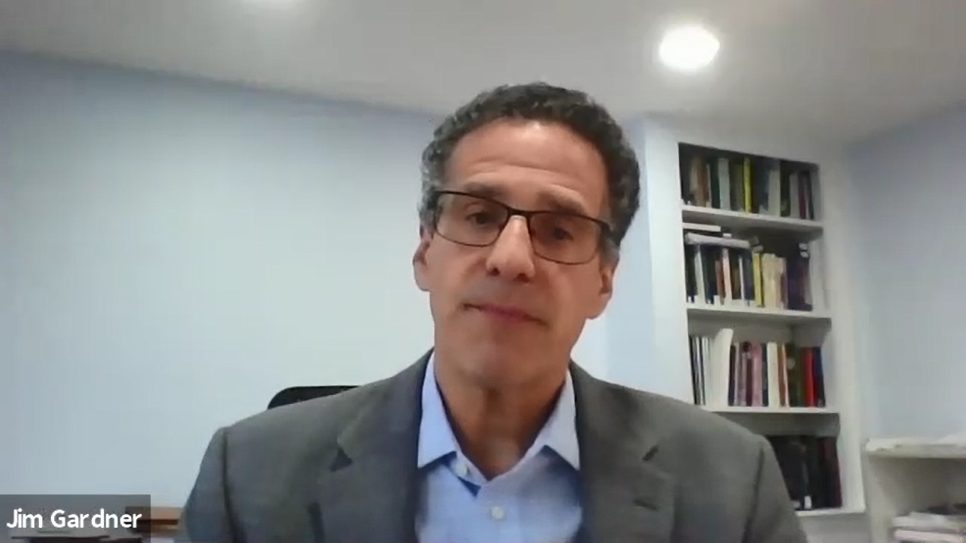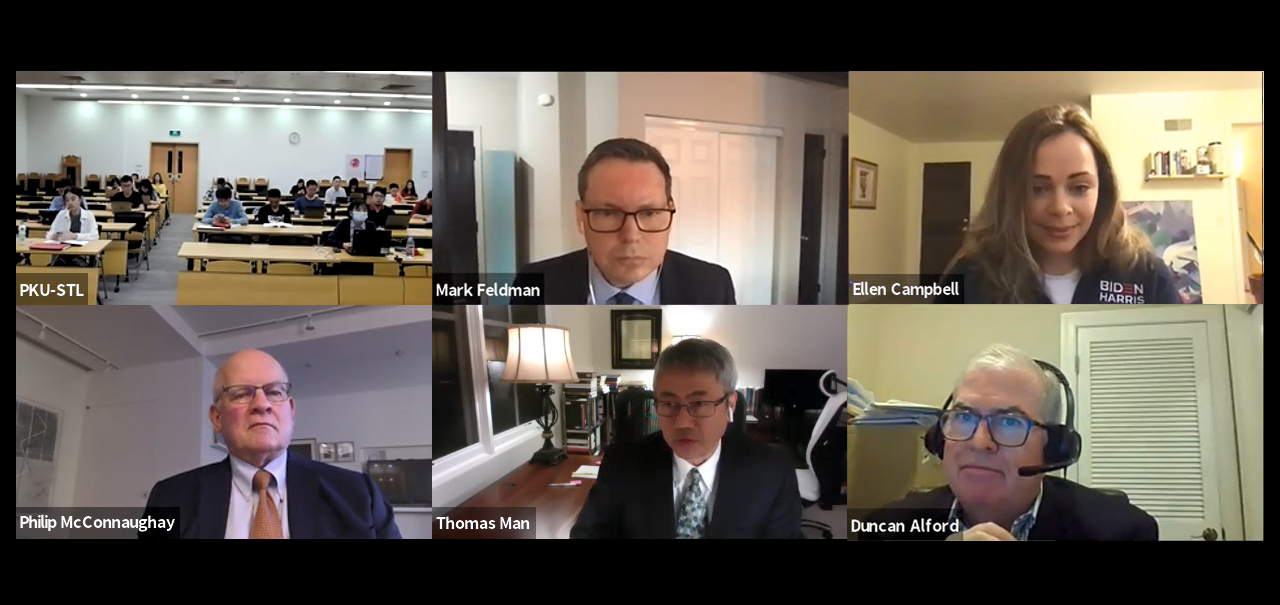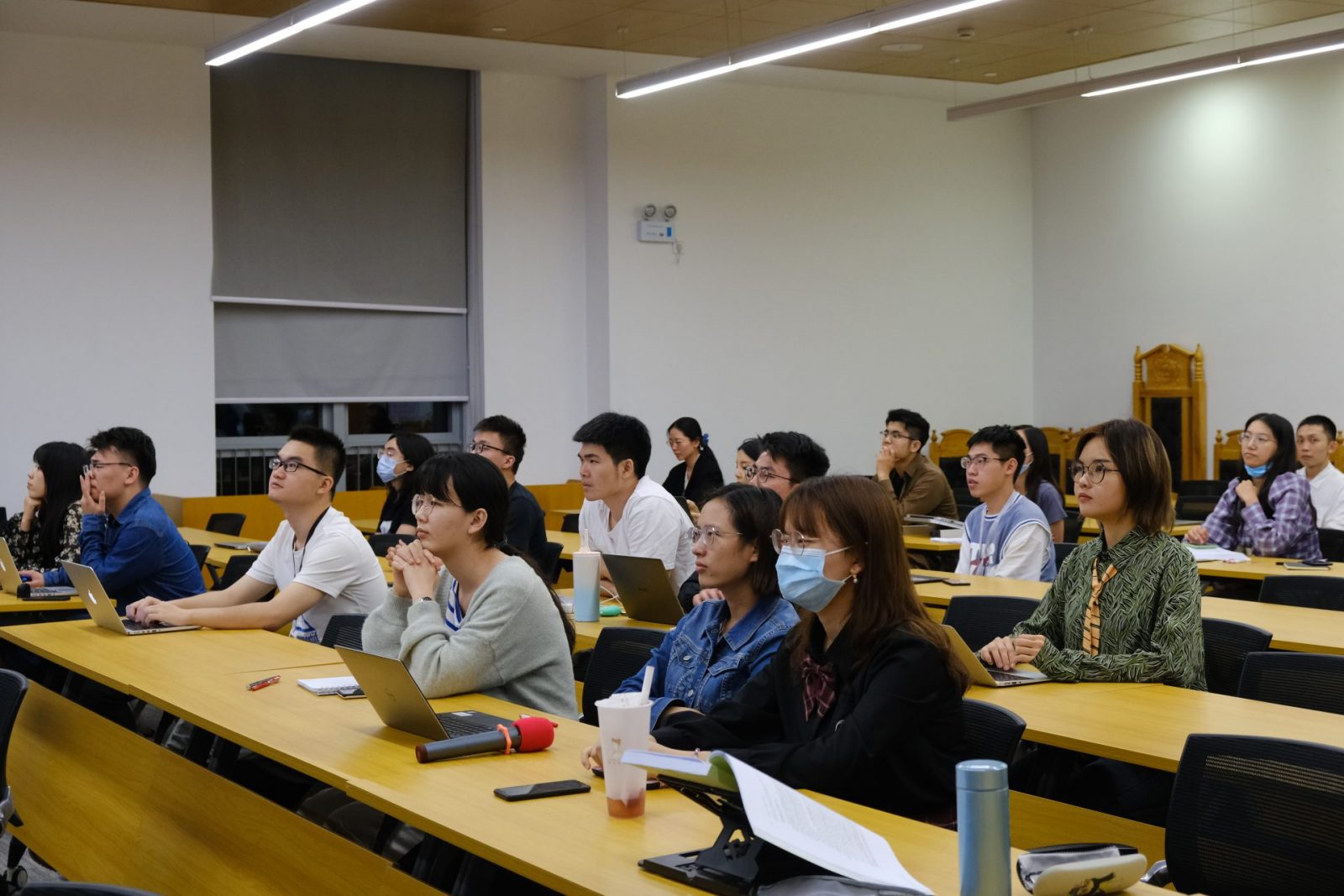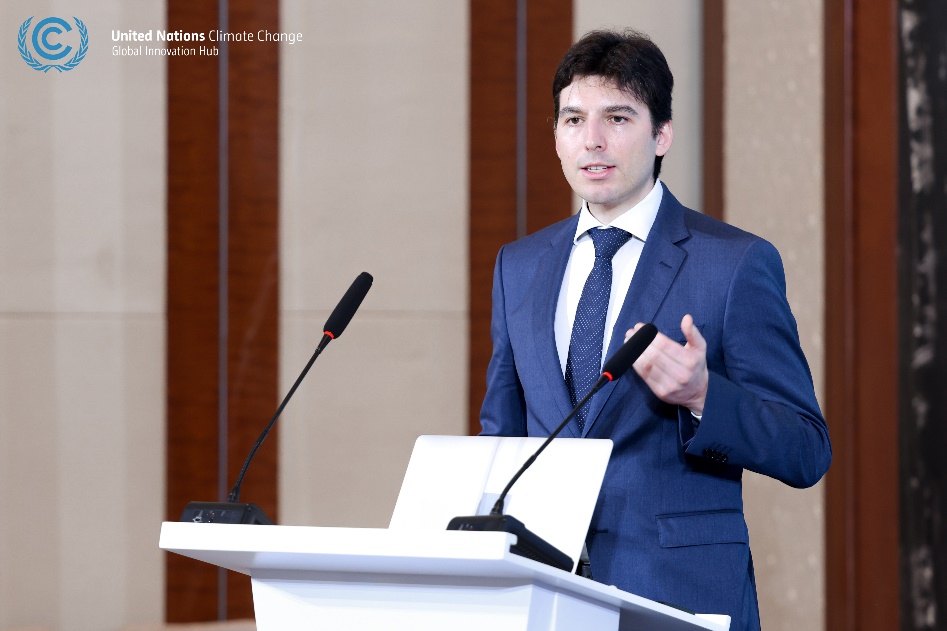Copyright © 2024 Peking University School of Transnational Law.

2020-11-25 Views: 173
![]()
On November 19-20, Peking University School of Transnational Law (“STL”) held a lecture titled the “2020 U.S. Presidential Election — Issues, Outcome, and Implications.” The lecture introduced the more conventional topics of election phases, specifically explaining the difference between the popular vote and the electoral college. It also explored the less conventional grounds of the American Chinese vote, and the impact of the election results on Sino-US relations. Although the event was broadcast live on Zoom with presenters and attendees from all corners of the world, participants could also join on-site.
The first of the two sessions took place on November 19thwith Professor James A. Gardner, a leading expert in U.S. constitutional and election law. The second session was delivered by the Assistant Director of Voter Protection in the State of Wisconsin Ellen Campbell, STL Associate Dean Duncan Alford,Professor of PracticeMan Yunlong, and STL Professor Mark Feldman. Both events were hosted by Dean Philip McConnaughay.


Professor Gardner’s keynote focused on the U.S. legal structure of presidential elections. He firstly provided some historical reasons explaining the structure’s complexity and argued that the system is internally inconsistent. Then, he went through the 4 phases of a presidential election, three of which are considered regular while the fourth is not. He explained that this fourth phase happens only in the rare event of no candidate winning, at which point the matter is turned over to the House of Representatives. The House then decides the result. Lastly, professor Gardner discussed legal issues that arose in the 2020 presidential election including cases filed by the Trump campaign contesting the validity of certain ballots.
On November 20th, four speakers analyzed a range of issues. Some discussed specific procedures in the U.S. general election, emphasizing the differences between states, while others discussed Sino-US relations and other foreign policy implications of Biden’s apparent election .
As the Assistant Director of Voter Protection in Wisconsin, Ellen Campbell introduced the audience to the idea of “voter protection” and mentioned how different policies govern different states. She also elaborated on the concept “absentee voting” and the important role it played during the pandemic. For example, about 70% of Wisconsin’s votes were absentee votes. Professor Alford followed up on this topic taking three states as examples: North Carolina, South Carolina and Georgia. He further elaborated on the idea of U.S. election law being governed by state law before delving into the topic of “early voting” and “counting deadlines”.



Professor Man focused on Chinese-Americans who have the right to vote and analyzed their voting inclinations in the election. At the same time, he also shared three reasons why people in China were so invested in the U.S. elections, which included Donald Trump government’s policies toward China, the relationship between major powers under the pandemic, and the impact of the first generation of Chinese immigrants.
Finally, Professor Feldman shared his views on the Biden administration’s anticipated foreign policy. Specifically, he explained how the United States is expected to promptly return to many international agreements and resume a strategic economic dialogue with China. He emphasized that although these are likely short-term goals for the US, their durability is going to depend on how the international community perceives the US’ long-term commitment to these goals.
The sessions ended with insightful questions from the online and on-site audience, which triggered a stimulating discussion. At this time of great confusion, the event provided much needed guidance on this highly complicated topic.

October 14, 2024
October 14, 2024
October 14, 2024
October 14, 2024
October 14, 2024